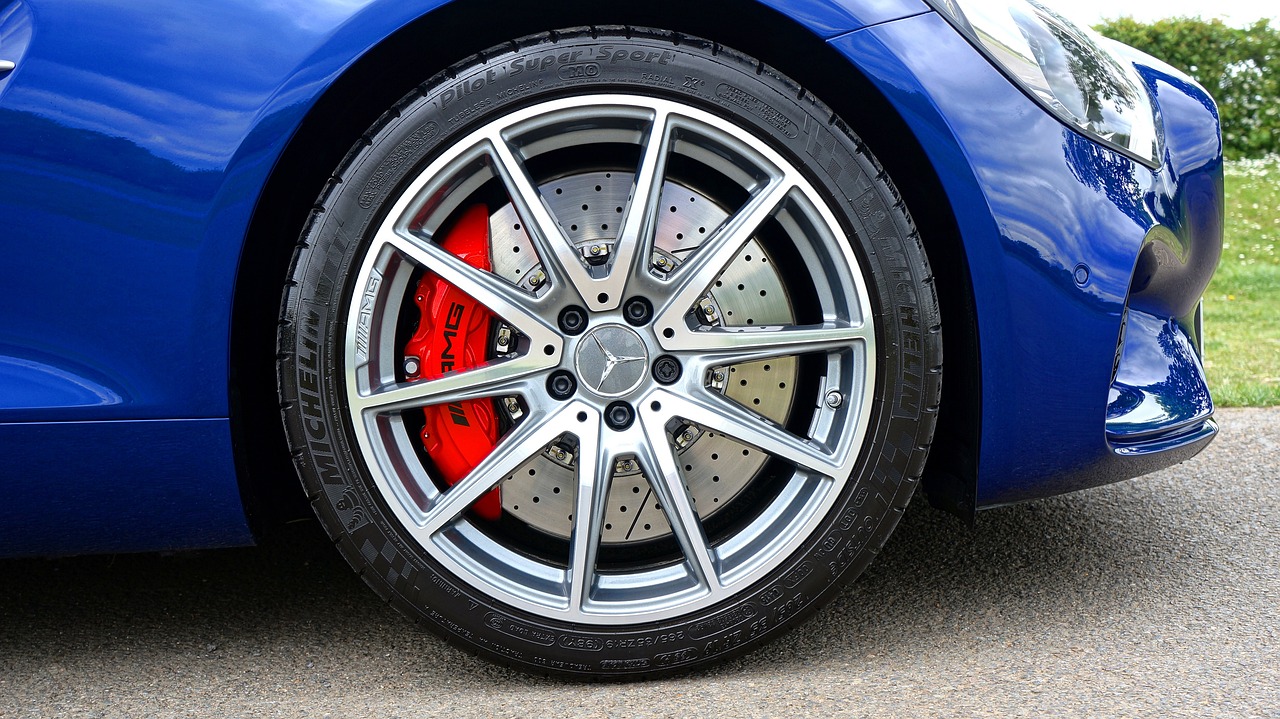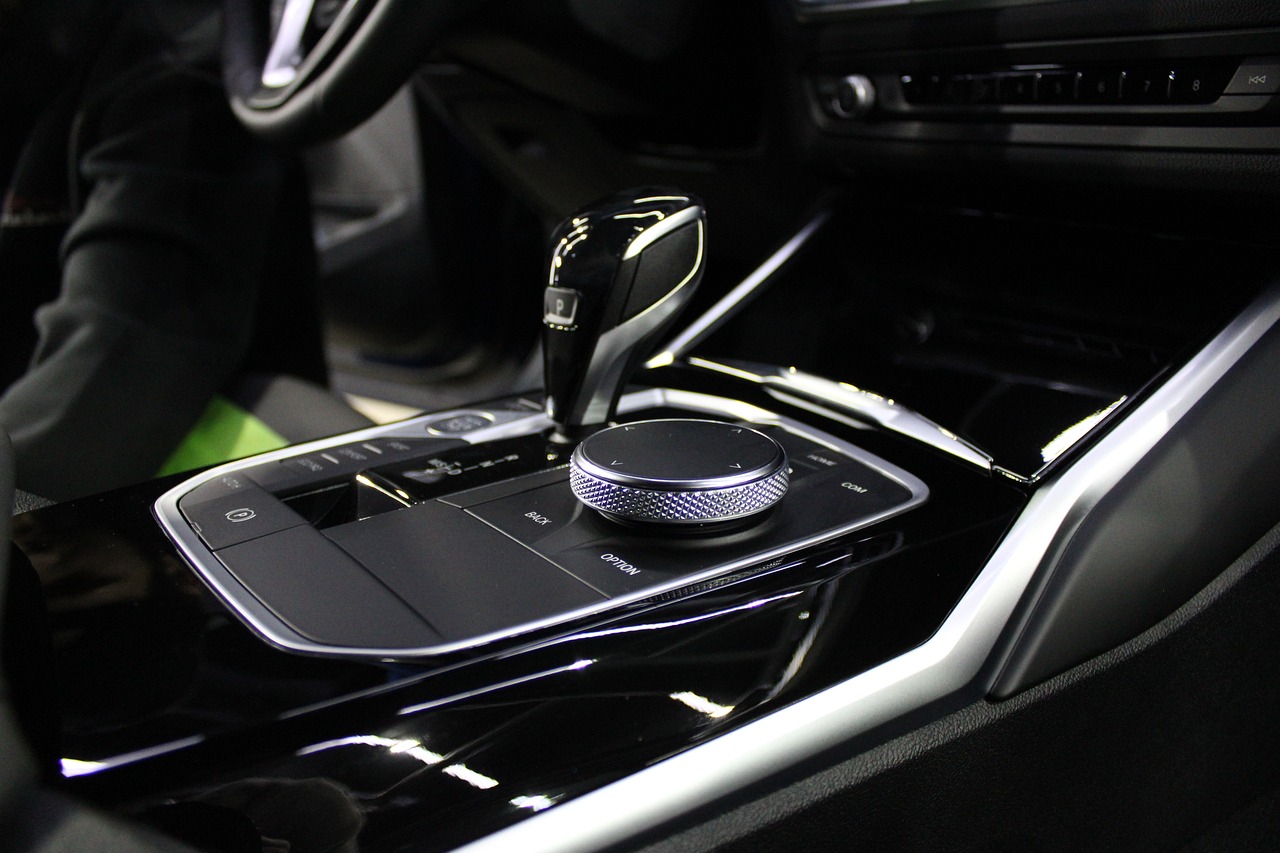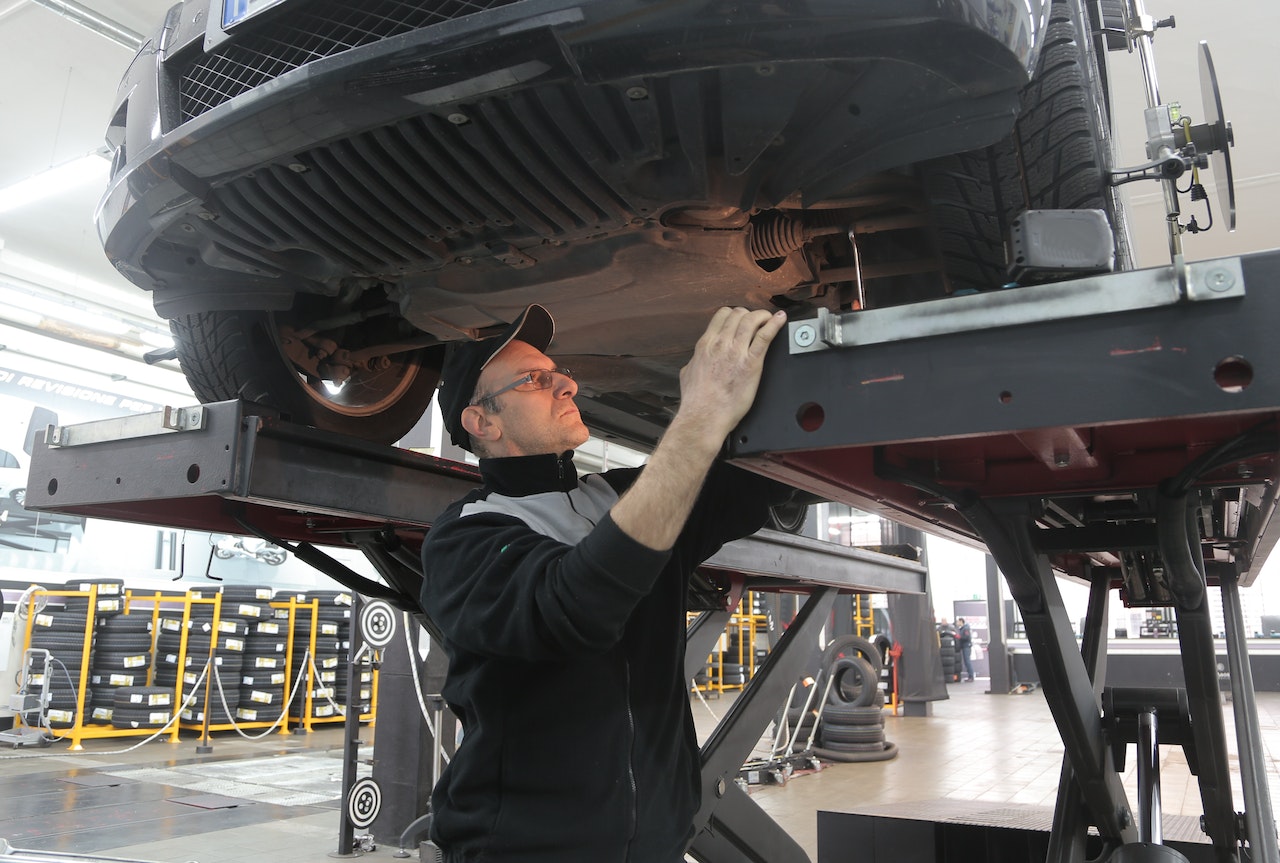Oh, I see you’ve been blissfully cruising down highways and careening around corners, giving little to no thought about that trusty pedal beneath your right foot. You know, the one that makes you stop? Yeah, that one. So, you think you might need new brakes but aren’t quite sure? Well, for the perpetually perplexed, here’s a funny (but genuinely helpful) guide to knowing if it’s time for new brake pads.
1. Your Car Sounds Like a Banshee in Distress
When you apply the brakes, and your car lets out a noise that’s reminiscent of a horror movie soundtrack, congratulations! Your brakes are trying to communicate. They’re saying, “Change me before I let you meet that lovely tree!” Those delightful screeches and squeals are caused by wear indicators. So, if you’re looking to audition for the next scary movie with your car, continue ignoring it. But if you’d prefer your car not double as a sound effect, maybe get those brakes checked.
2. Brake Dust: The Fashion Statement No One Asked For
Notice a fine black residue on your shiny rims? That’s brake dust. A little bit is normal. But if you’re starting to wonder if your car was secretly trying out to be the newest member of KISS while you were sleeping, you might have worn brake pads. When they wear out, they create more dust. A rapid increase in brake dust means your brake pads are wearing out faster than my patience at a slow Wi-Fi signal.
3. Your Brake Pedal Is More Sensitive Than a Teen’s Feelings
Remember how your teenage angst made you overreact to everything? If you slightly touched something, it was the end of the world. Well, if your brake pedal sinks a bit too easily or feels overly soft, that’s its teenage overreaction moment. It means there might be a problem with the brake system, such as air in the brake lines or issues with brake fluid. A mushy brake pedal might not be full of teenage emotion, but it’s definitely telling you something’s up.
4. The Steering Wheel’s Got the Jitters
If your steering wheel behaves like it’s had one too many espressos every time you hit the brakes, that’s not your car’s way of showing excitement. That vibration can indicate warped rotors, which occurs due to extreme stress like driving down a mountain while braking consistently or sitting in stop-and-go traffic during a heatwave. But hey, if you enjoy the feel of a mini-earthquake while driving, by all means, ignore this too.
5. Your Car Plays Favorites
So, you hit the brakes, and suddenly your car decides it wants to swerve to one side like a toddler running towards their favorite toy. Not cool, right? When one brake caliper applies more or less pressure than the other, or there’s uneven brake pad wear, your car will pull to one side when braking. Don’t let your car play favorites; it needs to love both sides equally!
6. Your Car’s Dashboard Lights Up Like a Christmas Tree
Ah, the beautiful lights of the holiday season. Except it’s not December, and that’s not a festive tree, it’s your car’s dashboard. If your brake light illuminates, it’s not because your car suddenly got into the festive spirit. It’s its not-so-subtle way of saying, “Hello? Brakes? Remember those?” Sometimes it’s as simple as your handbrake being engaged (whoops). Other times, it might indicate a problem with your brake system. Don’t wait for Santa to fix it; see a mechanic.
7. Your Brakes Feel as Rough as Your Aunt’s Sandpaper Kisses
Do you feel a grinding sensation when you brake, akin to getting a sloppy kiss from that one relative with the strangely abrasive cheek? That might mean your brake pads have worn down completely, letting metal scrape against metal. Not only does this sound awful, but it’s also terrible for your rotors. If you cherish your wallet and your sanity, you’d want to address this pronto.
8. Stop-and-Go Traffic Feels Like a Workout
Breaking a sweat in bumper-to-bumper traffic isn’t just from the frustration of being late. If you feel like you’re doing leg day at the gym every time you need to brake, you might have a brake booster issue. Yes, your car technically gave you a free gym membership, but unless you fancy turning your commute into a fitness challenge, get it checked.
9. Your Brake Fluid is More Mysterious than Your Ex’s Social Media Posts
Occasionally check the brake fluid. If it’s too low or looks murkier than the reasoning behind some of your past relationship choices, it might mean there’s a leak or it’s time for a change. Healthy brake fluid is essential for a responsive brake system, just like clear communication is vital for any relationship. Look at that, car advice and relationship advice rolled into one.
10. When You Remember the Dinosaurs
How long has it been since you last changed your brakes? If your answer involves any large prehistoric creatures, it’s probably a sign. Even if you’re not experiencing any other symptoms, it’s a good practice to check brake pads every 50,000 miles or so. After all, it’s better to be safe than become a fossil yourself.
In Conclusion…
While humor might be our vehicle of choice for this article, there’s nothing humorous about driving with faulty brakes. Brakes, unlike our jests, are no laughing matter. So, if your car is giving off any of these signs, ensure you brake up with these issues and visit a mechanic. It’s the kind of breakup that’s good for everyone, especially you!
Now, drive safely, laugh heartily, and always remember: your car talks, it just has a funny way of showing it.
Pro Tips for Brake Maintenance and Safety:
- Regular Checks: Even if you’re not experiencing issues, it’s a good idea to have your brakes inspected at least once a year. Think of it as a wellness check-up for your car.
- Break-in Your New Brakes: After getting new brakes, try to avoid hard stops for the first few hundred miles. This allows them to wear in evenly.
- Brake Fluid Checks: Once in a while, check the brake fluid’s color. If it’s dark, it may be time for a change. And always ensure it’s at the recommended level.
- Watch Your Weight: No, we’re not talking about your recent quarantine snacks. Excess weight in your car can put undue strain on your brakes. Remove unnecessary items from your trunk or backseat.
- Quality Matters: If you need to replace parts, don’t cheap out. Invest in quality brake parts. They’ll last longer and perform better.
- Stay Sensible: If you find yourself slamming on the brakes frequently, consider adjusting your driving habits. Allow more space between you and the car in front, and anticipate stops.
- Know Your Car: Different cars have different types of brake systems. Familiarize yourself with your car’s specific brake type and its unique maintenance needs.
- Avoid Water Logging: After driving through a big puddle or flooding, tap your brake pedal lightly to dry off some of the water.
- Listen to the Experts: When in doubt, consult a mechanic. If something feels off, it probably is.
- DIY with Caution: There are plenty of brake jobs you can do at home, but ensure you’re comfortable and knowledgeable before diving in. The YouTube tutorial might make it look easy, but if you’re unsure, it’s worth getting professional help.
Remember, brakes are one of the most crucial safety features of your car. While it’s great to have a chuckle about them, always ensure they’re in top-notch condition.
Frequently Asked Questions (FAQ) About Car Brakes:
Typically, brake pads need to be replaced every 50,000 miles (80,000 km), but this can vary based on your driving habits and the quality of the pads. Always check manufacturer recommendations and inspect them annually.
Not always. Sometimes brakes can squeak due to dust or temporary issues like moisture. However, consistent squeaking or screeching might indicate wear and should be inspected.
The cost can vary greatly based on the make and model of your car and where you live. However, on average, brake pad replacements can cost between $100 and $300 per axle. Always get a few quotes and check reviews of mechanics.
Avoid sudden stops, remove excess weight from your car, drive at moderate speeds, and coast to a stop when possible. Also, periodic maintenance helps!
Yes! The front and rear brake pads often have different designs because the front brakes handle more of the braking load. Always ensure you’re getting the correct pads for your specific needs.
Brake fluid transmits the force of your foot pressing the brake pedal to the brakes themselves. Over time, it can absorb moisture and degrade, affecting brake performance. Regular checks and occasional fluid changes are crucial.
If you’re mechanically inclined and have the right tools, yes. However, if you’re unsure, it’s always safer to consult a professional. Remember, brakes are vital for safety.
If you feel a pulsation or vibration when you apply the brakes, or notice grooves or uneven wear when you look at the rotor, it might be time for a change or resurfacing.
Brake rotors typically last between 30,000 and 70,000 miles (48,000-112,000 km) but can wear out sooner if the brake pads aren’t changed in time or if they’re subjected to rough conditions.
A soft or squishy brake pedal can indicate air in the brake lines, problems with the brake fluid, or issues with the master cylinder. It’s essential to get this checked as it affects braking efficiency.



